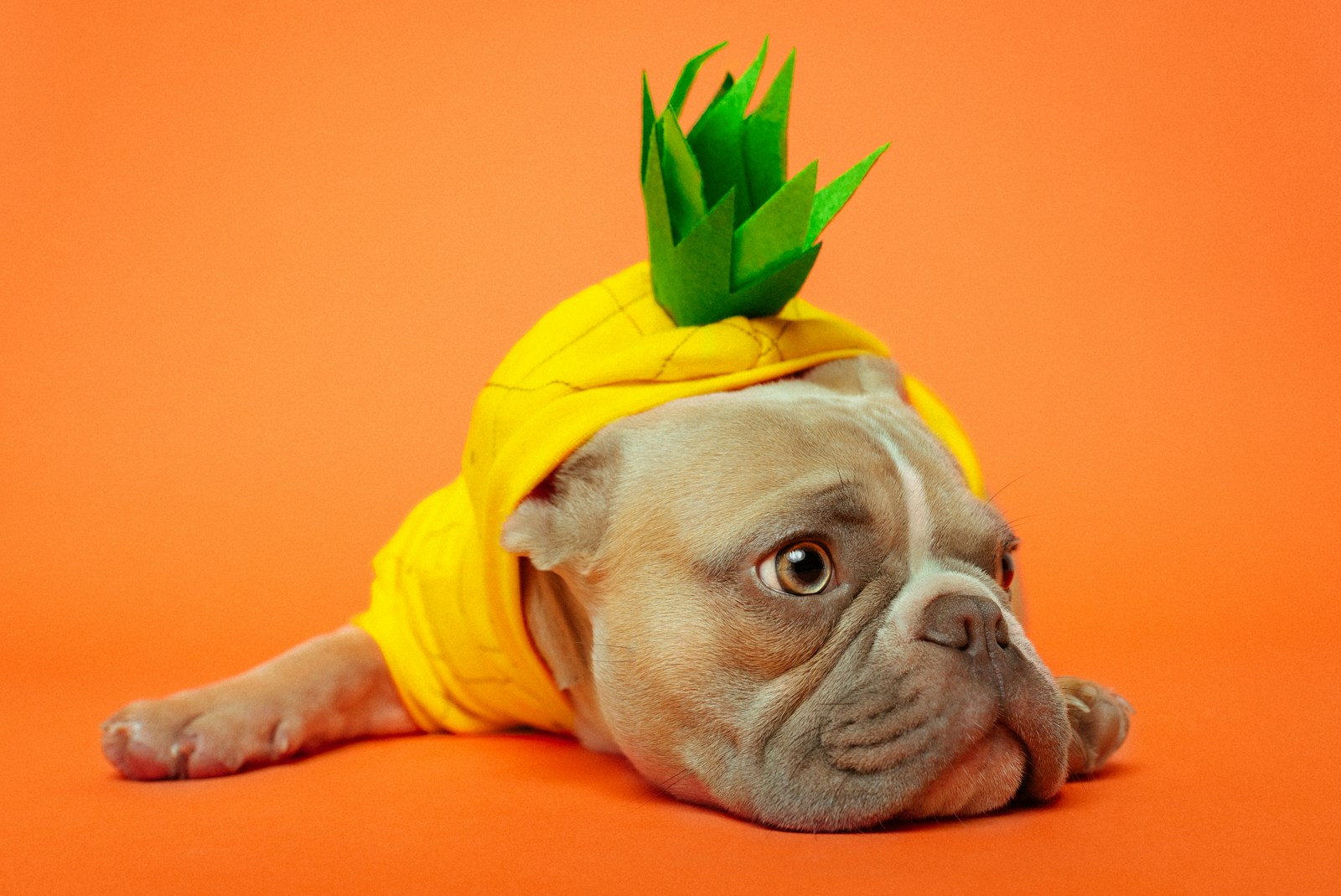
尴尬
gān gà

embarrassed
The Chinese word '尴尬' is used to denote the feeling of embarrassment or awkwardness, usually as a result of being in a socially uncomfortable or challenging situation. It can be used in various different contexts, similar to its English equivalent.
Example sentences using: 尴尬
尴尬的时刻
gāngà de shíkè

Awkward moment
A common phrase used to refer to an uncomfortable or embarrassing moment.
尴尬的笑
gāngà de xiào

Awkward smile
This phrase can describe an uneasy or uncomfortable smile.
尴尬的沉默
gāngà de chénmò

Awkward silence
This phrase is often used to describe a situation where silence makes the atmosphere uneasy or awkward.
我有点尴尬
wǒ yǒu diǎn gāngà

I feel a little embarrassed
This phrase is commonly used to express mild embarrassment or awkwardness in a situation.
那个场景让我尴尬
nàgè chǎngjǐng ràng wǒ gāngà

That scene made me embarrassed
Used to explain that a particular scenario or situation caused embarrassment.
他的言论让我很尴尬
tā de yánlùn ràng wǒ hěn gāngà

His remarks made me very embarrassed
Here, it expresses the speaker's discomfort or unease caused by someone else's words.
不要尴尬
búyào gāngà

Don't be embarrassed
This is a comforting phrase often used to tell someone not to feel embarrassed or awkward.
尴尬的问题
gāngà de wèntí

Embarrassing question
This phrase describes a challenging or difficult question that creates an awkward situation.
尴尬的气氛
gāngà de qìfēn

Awkward atmosphere
It describes an uncomfortable or uneasy situation or ambiance.
尴尬的表情
gāngà de biǎoqíng

Awkward expression
This phrase describes an embarrassing or uncomfortable facial expression.